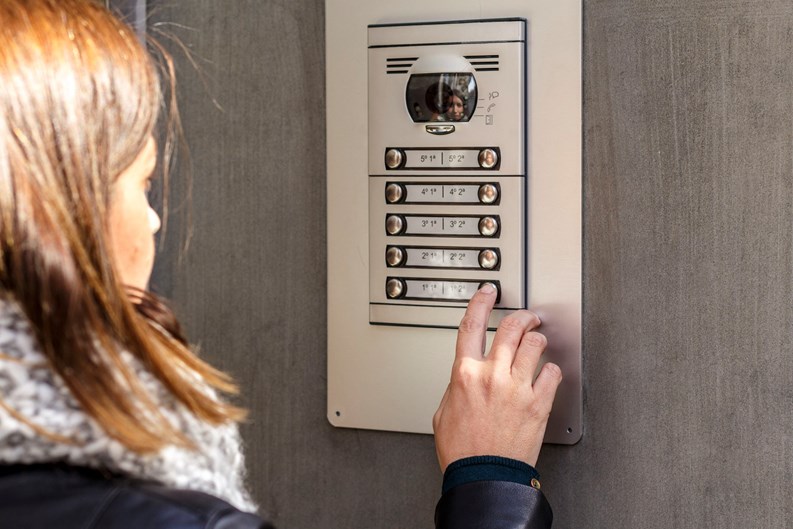Effective communication is essential for maintaining tenants' safety and wellbeing in multi-unit residential structures, particularly in times of emergency. Intercom systems are crucial for improving emergency readiness because they give residents, security guards, and property managers a dependable way to communicate efficiently when time is of the essence. Here are some ways that intercoms for apartment buildings in Chicago enhance emergency response and create a safer living environment.
Immediate and Clear Communication
The ability to communicate critical information to all residents is essential in the event of an emergency, such as a fire, severe weather event, or security concern. By providing a direct channel of communication, intercom systems enable emergency services or building management to simultaneously broadcast urgent messages to every unit. Intercom announcements reach inhabitants instantaneously and don't require anyone to check their devices, unlike emails or phone alerts. In order to lessen confusion and panic, this quick information sharing can assist in educating locals about safe regions, evacuation routes, or urgent activities they should take.

Improved Coordination with Emergency Services
Additionally, intercoms improve communication with first responders, including law enforcement, fire departments, and medical staff. Two-way communication features are frequently included in contemporary intercom systems. As a result, emergency services can speak with people and building personnel immediately, giving them orders in real time or obtaining data to evaluate the situation. Efficient evacuations, a quicker reaction time, and better emergency management are all made possible by this kind of coordination.
Enhanced Safety Protocols
An apartment building's emergency response plan can be strengthened by integrating intercom systems with other security measures. For example, intercoms and fire alarm systems can be linked so that when an alarm is set off, an emergency message is sent automatically. Intercoms can also be used to notify locals of possible dangers or lockdowns brought on by outside threats, so that everyone is informed and able to take the appropriate safety measures.
An intercom system enables instant communication between employees positioned at access points and those on various levels or in remote locations in buildings with security or front desk workers. Staff members can better coordinate their efforts to guide residents, manage the emergency response as a whole, and limit access thanks to this communication.
Reassuring Residents During Emergencies
Residents may experience severe stress and worry as a result of emergencies. Building management may reassure tenants, give constant updates, and keep things calm in potentially tumultuous situations by using an intercom system. In order to prevent panic and make sure that residents follow safety procedures, it can be quite helpful to provide basic instructions, status updates, and reassurances that aid is on the way or that the situation is under control.
Reassuring Residents During Emergencies
In addition to their immediate value during catastrophes, intercoms are essential for preparing locals for future disasters. The system can be used by building management to provide information on emergency protocols, notify fire or earthquake preparation sessions, and carry out emergency drills. Residents become accustomed to the system and learn what to anticipate in a real emergency through regular contact and practice utilizing the intercom for non-emergency situations, which fosters a sense of readiness.
In addition to being tools for regular communication in apartment buildings, intercom systems are crucial parts of emergency preparedness plans. Intercoms make an environment safer and more responsive by facilitating quick and clear communication, assisting with coordination with emergency services, improving safety procedures, and reassuring people. Purchasing a dependable and well-integrated intercom system is a proactive step for building owners and property managers wishing to improve their emergency plans in order to protect inhabitants and guarantee peace of mind.






